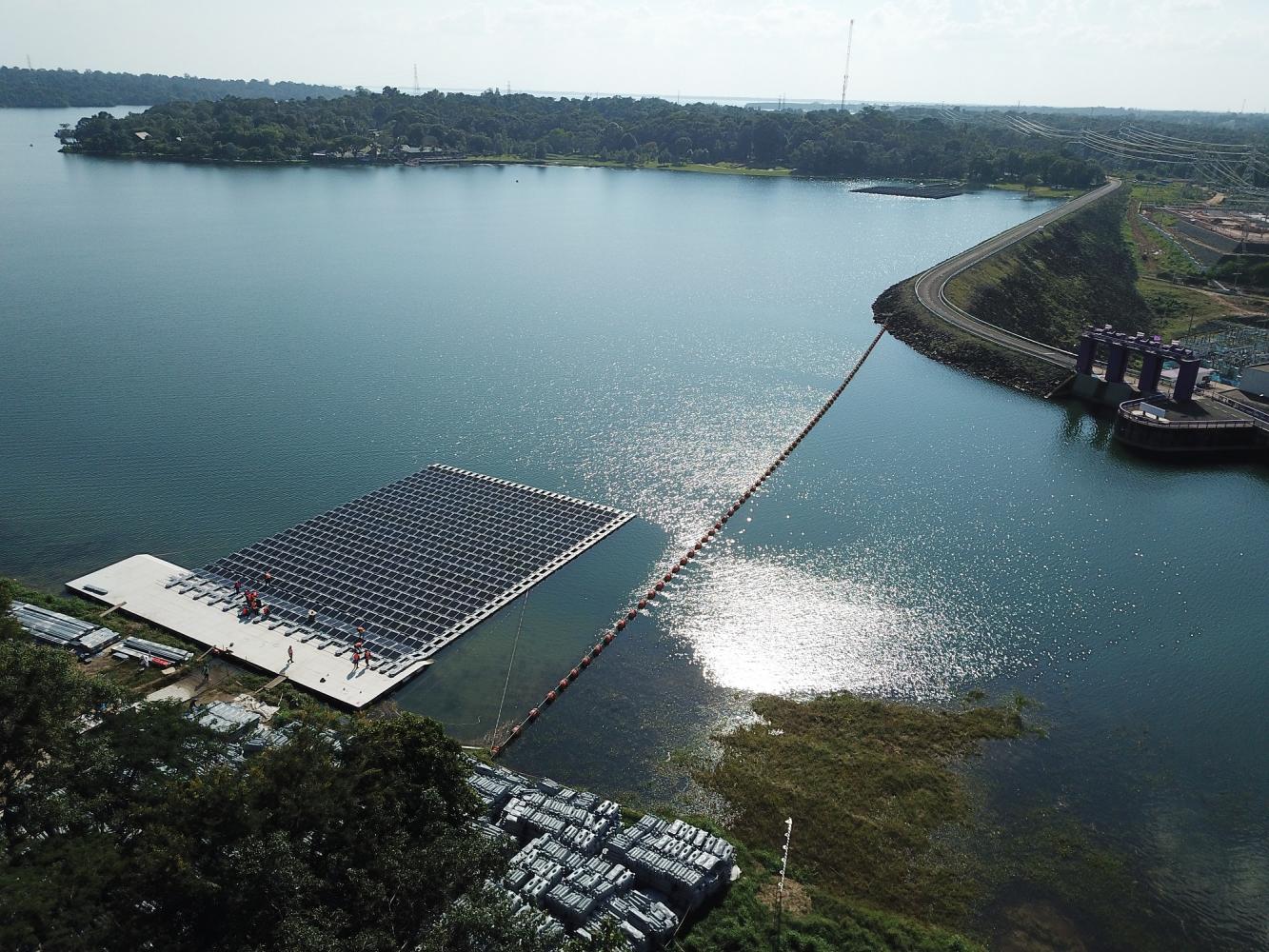Showing 71 - 80 of 1,090
Germany marks 50 years of UN membership
Oped, Published on 23/09/2023
» Fifty years ago, on 18 Sept 1973, by New York's East River, two German states joined the United Nations. This event was the result of a brief General Assembly resolution -- however, it was anything but routine business in the world of diplomacy.
Sri Lanka's dangerous debt crisis
Oped, Published on 20/09/2023
» More than a year after the mass protest movement known as the Aragalaya ousted Sri Lanka's President Gotabaya Rajapaksa and his brother, Prime Minister Mahinda Rajapaksa, Sri Lankans have once again taken to the streets.
Fertility needs urgent steps
News, Editorial, Published on 18/09/2023
» In a swift move shortly after assuming office, Public Health Minister Dr Cholnan Srikaew rightly identified the country's low fertility rate issue as a pressing concern -- one that looms as a potential threat to the country's competitiveness and economic prospects in the years ahead.
Key to sustainable food systems
Oped, Published on 14/09/2023
» The fabric of our global food system is fraying under the strain of climate change and an ever-expanding population.
Vulnerable states need funding
Oped, Published on 13/09/2023
» Amid an escalating climate emergency and a global debt crisis, calls for a new "fit for climate" global financial architecture are growing louder throughout the developing world.
New playbook for Thai diplomacy?
Oped, Kavi Chongkittavorn, Published on 12/09/2023
» The Srettha government has started outlining its policies in parliament. Regarding diplomacy and internal policies, two paragraphs in the middle of the draft speech encapsulate the guiding principle of Thailand's new diplomatic trajectory.
Advancing environmental justice
Oped, Published on 02/09/2023
» Climate change is undoubtedly the defining challenge of our time, but its effects are not equally distributed. In both developed and developing countries, environmental degradation disproportionately affects communities marginalised because of race, ethnicity, religion, and poverty. More often than not, these communities are already confronting systemic inequalities such as water scarcity and greater exposure to pollution and extreme weather events -- all of which are exacerbated by the climate crisis.
Brics now expanding in the wrong way
Oped, Published on 02/09/2023
» At first blush, it may seem like good news that the Brics (Brazil, Russia, India, China, and South Africa) group will expand to include Saudi Arabia, Iran, the United Arab Emirates, Ethiopia, Egypt, and Argentina. An 11-strong Brics+ could be more representative of the world's emerging economies, providing a useful counterweight against American hegemony.
Financial inclusion health benefits
Oped, Published on 29/08/2023
» At least half of the global population lacks access to essential health services, and healthcare expenses push almost 100 million people into extreme poverty each year. How scarce resources are distributed should matter, and there are good reasons to believe that finance could play a crucial role in addressing this challenge. More than 60 countries have launched national financial inclusion strategies, and academic research is keen on understanding their impact.
The myth of global grain shortages
Oped, Published on 17/08/2023
» In recent years, soaring food prices and the growing frequency and intensity of floods, droughts, and other extreme weather events have prompted warnings of a looming grain shortage, potentially spelling disaster for the world's poorest and most vulnerable populations. Although climate change poses the greatest medium to long-term threat to global food security, Russia's invasion of Ukraine is frequently cited as the immediate cause of the current hunger crisis. But this is a red herring.













